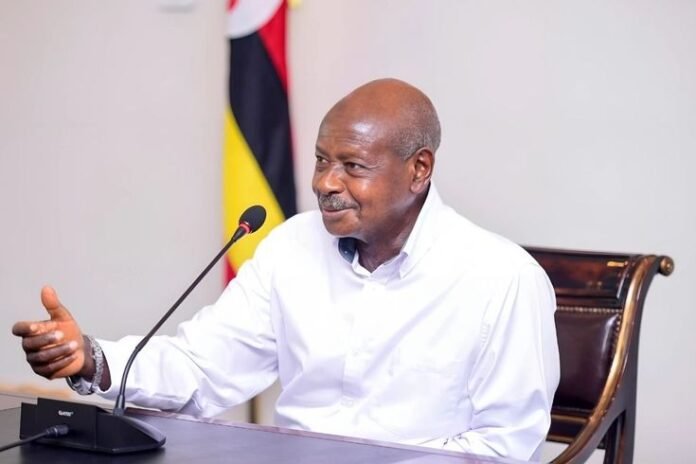Yoweri Museveni
Date: 6 October 2025
To: His Excellency Yoweri Kaguta Museveni
President of the Republic of Uganda
State House, Entebbe, Uganda
Subject: Urgent Call for Strategic Action on Uganda’s Socio-Economic and Cultural Development
Your Excellency,
I write to you as a concerned Ugandan, researcher, and cultural strategist who is deeply invested in the sustainable development of our nation. Uganda stands at a pivotal moment where timely interventions can decisively influence the social, economic, and cultural trajectory of our country. I respectfully submit this letter to highlight pressing challenges, supported by factual data, and to propose actionable strategies for national advancement.
Youth unemployment continues to pose a critical threat to national stability and productivity. According to the Uganda Bureau of Statistics (2024), approximately three million two hundred thousand Ugandans aged 18 to 35 are unemployed, representing nearly thirty-seven percent of the active youth population. Without immediate investment in vocational training, entrepreneurship, and skills development programs, this generation risks permanent marginalization. Scalable initiatives that provide opportunities for at least five hundred thousand youth annually could significantly reduce social vulnerability while boosting economic participation.
Education remains an area of urgent concern. Despite progress in primary enrollment, over one million five hundred thousand secondary school-age children remain out of school, while literacy rates among rural youth average sixty percent. Expanding access to digital learning hubs, enhancing teacher training, and investing in rural school infrastructure could improve educational outcomes, equipping millions of young Ugandans with the knowledge and skills needed for future economic competitiveness.
Uganda’s agricultural potential remains underexploited despite fertile lands comprising approximately seventy percent of arable territory. Food insecurity persists, and the country imports over five hundred thousand metric tons of rice annually, despite the capacity for local production. Strategic investment in mechanization, irrigation, and agro-processing could create over one million new jobs within five years, reduce dependency on imports, and increase rural incomes, while positioning Uganda as a self-sufficient and food-secure nation.
The healthcare system requires urgent strengthening, particularly in rural areas. More than sixty percent of rural health facilities lack essential medicines or functional equipment. Maternal mortality stands at 336 per 100,000 live births, while under-five mortality is 46 per 1,000 live births. Targeted investment in primary healthcare, mobile clinics, and preventive health programs could save thousands of lives annually and improve the overall well-being of citizens.
Finally, Uganda’s cultural heritage faces the risk of erosion. With sixty-five recognized tribes, over fifty distinct languages, and more than five hundred annual traditional ceremonies, the nation’s cultural fabric is under pressure from urbanization and globalization. Initiatives to document oral traditions, support intergenerational knowledge transfer, and promote cultural festivals could strengthen national identity while promoting tourism, potentially attracting over one hundred thousand international visitors per year and generating sustainable economic opportunities.
Your Excellency, Uganda’s future depends on decisive, evidence-based policies that prioritize people, productivity, and culture. By addressing youth unemployment, educational gaps, agricultural potential, healthcare deficiencies, and cultural preservation simultaneously, the nation can achieve inclusive growth, national cohesion, and sustainable development. I remain ready to support these initiatives through research, advocacy, and strategic collaboration.
Respectfully,
Emmanuel Mihiingo Kaija
Interdisciplinary Researcher And Author








